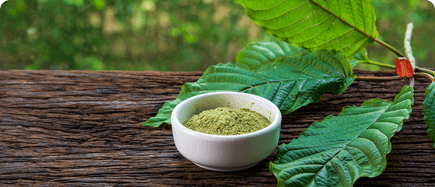Whether you’re experiencing a persistent feeling of unease or undergoing a stressful period, worry can severely impair your quality of life. Excessive worrying isn’t just nerve-wracking: it’s exhausting. Worse yet, constant worry can make it difficult to retreat from your distress by resting or relaxing.
Throughout history, various world cultures have embraced the act of finding peace during chaos. By using calming herbal remedies, our ancestors were able to quell restlessness and racing thoughts. Today, many of these ancient botanicals remain effective at promoting relaxation, with some even serving as the basis for various calming homeopathic remedies.
In this post, we’ll explore several of the best calming ethnobotanicals, as well as their traditional uses and applications.
-
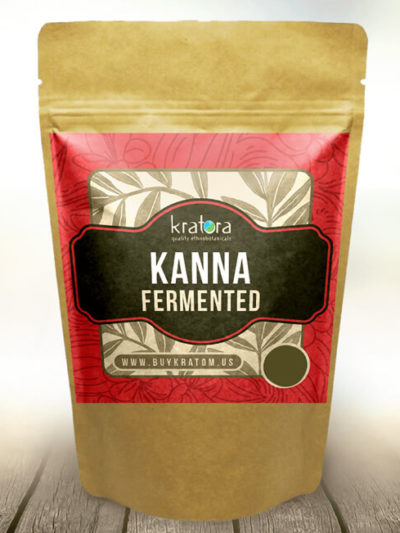 Body and Mind
Body and MindFermented Kanna (Sceletium Tortuosum)
From $7.99 Shop Now This product has multiple variants. The options may be chosen on the product page -
Sale!
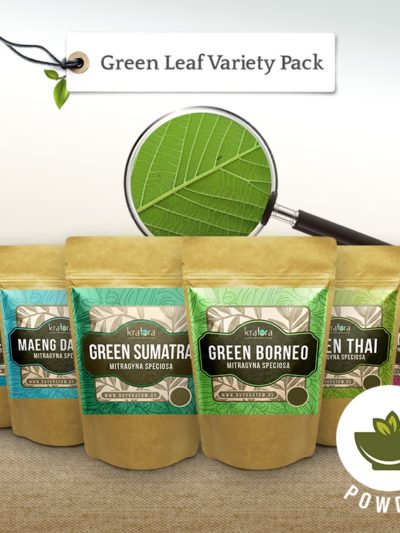 Energy
EnergyGreen Kratom Variety Pack
Original price was: $42.99.$29.99Current price is: $29.99. Add to Cart -
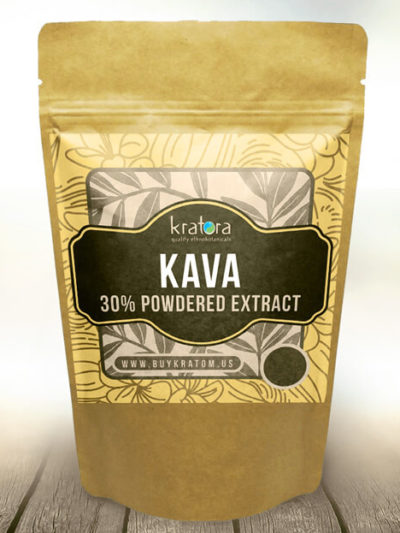 Relaxing
RelaxingKava 30% Powdered Extract
From $10.99 Shop Now This product has multiple variants. The options may be chosen on the product page -
Sale!
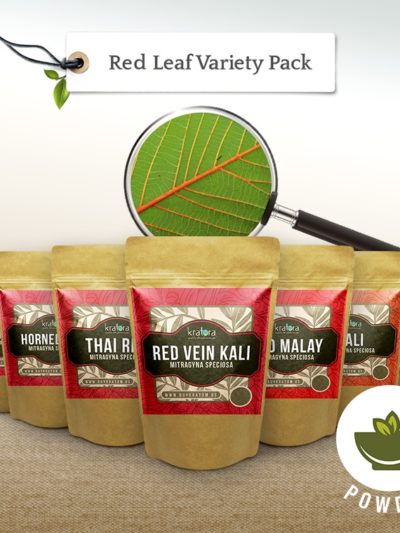 Relaxing
RelaxingRed Kratom Powder Variety Pack
Original price was: $49.99.$29.99Current price is: $29.99. Add to Cart -
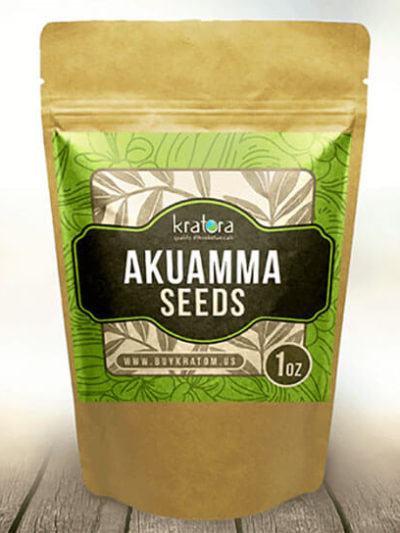 Relaxing
RelaxingAkuamma Whole Seeds
From $7.99 Shop Now This product has multiple variants. The options may be chosen on the product page
Calming Herbal Remedies #1: Red Kratom Strains
Kratom refers to the crushed or powdered leaves of the mitragyna speciosa plant, a tree that grows natively throughout Southeast Asia. For hundreds of years, indigenous populations have cultivated and harvested the kratom tree’s leaves for various applications, including calming herbal remedies. Traditionally, native tribes would chew or brew kratom leaves into a tea to produce a calming, tranquil aroma that could help soothe the mind and body.
However, not all kratom is exactly alike. Because kratom is an organic product, variations in its coloration and quality can occur as a result of harvesting and processing techniques. As a result, kratom’s broad range of variability has popularized the concept of kratom variants, or “strains.”
Most kratom can be grouped into one of three colors — red, green, and white. Of the three, red kratom strains are generally considered to be the best choice for calming herbal remedies. While strain-specific kratom research is limited, kratom users have acknowledged that different strains appear to have different effects.
The phenomenon of kratom’s aromatic variance is likely due to the unique alkaloid content of kratom leaves. Kratom leaves contain dozens of naturally occurring compounds called alkaloids, many of which imbue the plant with relaxing and stimulating properties. Although users don’t always respond in the same way to the alkaloids found in kratom, the aromas of red kratom strains like Red Bali and Red Bentuangie are consistently popular among those who are seeking calming herbal remedies.
Calming Herbal Remedies #2: Green Kratom Strains
Green kratom strains can also be an effective alternative to other stress-relieving substances or calming homeopathic remedies. Like red kratom, green kratom is made from the glossy green leaves of the mitragyna speciosa plant and originates from Southeast Asia. However, there are some apparent differences between the two.
While both red and green kratom strains contain mitragynine and 7-hydroxymitragynine — two alkaloids that are chiefly responsible for the plant’s calming aromas — green kratom strains are generally considered to produce milder, less sedating aromas. As a result, most users find that green kratom strains like Green Malay and Green Thai allow them to relax without drastically lowering their energy levels. On the other hand, some users find calming herbal remedies like red kratom to have an aroma that is too sedating in comparison.
Ultimately, both red and green kratom strains can help you decompress and unwind. However, it’s likely best to evaluate your preferences to determine which strain coloration is better suited to your needs.
Calming Herbal Remedies #3: Akuamma Seeds
Akuamma is a tree native to tropical regions within Africa, including Ghana, Nigeria, and Uganda. The plant’s seeds have an extensive history of use as antimalarial and antidiarrheal agents. However, Akuamma seeds have also been used to ease stress and promote relaxation.
To harness the benefits of this timeless botanical, farmers collect and dry the seeds of the Akuamma plant before grinding them into a fine powder or selling them whole.
Although Akuamma seeds aren’t explicitly sold or marketed among calming herbal remedies, they contain several alkaloids that can foster feelings of calmness and tranquility. These alkaloids — including pericine and akuammine — interact directly with receptors in the brain, potentially resulting in limited sensations of worry and stress. In fact, the primary alkaloid found in Akuamma seeds, akuammine, is structurally related to mitragynine, kratom’s most abundant alkaloid.
Even though Akuamma seeds might appear to be an exotic offering, Akuamma powder is generally very accessible and cost-effective. As an added bonus, Akuamma is legal in most countries!
Calming Herbal Remedies #4: Blue Lotus
Blue lotus — known by its botanical name nymphaea caerulea — is a water lily that grows throughout East Africa, South Asia, and Thailand. The plant’s distinctive white-petaled flowers are often used in calming herbal remedies and as an ingredient in calming homeopathic remedies.
Like many other botanicals mentioned in this post, Blue Lotus has a far-reaching history that spans across centuries of human civilizations and societies. The plant’s flowers were even revered by the Egyptians, who purportedly used them to promote blood flow and slow aging.
Blue Lotus flowers contain several alkaloids that make them ideal for use in calming herbal remedies. The plant’s primary alkaloid, nuciferine, interacts with dopamine receptors in the brain, promoting relaxation and sedation. Another alkaloid found in the plant, aporphine, functions similarly and demonstrates mood-elevating qualities.
Although Blue Lotus is often overlooked, the plant’s effectiveness as a source of stress relief is undeniable. In addition, Blue Lotus can be purchased at a low cost online, solidifying it as an affordable and accessible option among calming herbal remedies.
Calming Herbal Remedies #5: Kanna
Kanna, or sceletium tortuosum, is a succulent plant native to South Africa. Humans have used Kanna as an ingredient for calming herbal remedies for thousands of years, with written records appearing as early as 1662 and usage dating back as far as the prehistoric era.
Like other calming botanicals, Kanna contains several or more alkaloids that imbue the plant with distinctive properties. Two of the alkaloids found in Kanna, mesembrine and mesembrenone, interact with serotonin transporters in the brain, which can promote feelings of relaxation. As a result, Kanna is often used to produce calming homeopathic remedies.
Some of the most common Kanna products include:
- Kanna powders, which are made from finely-ground Kanna plant matter
- Kanna extracts, exceptionally potent powders made from premium-grade Kanna
- Fermented Kanna, which contains fermented Kanna leaves, stems, and roots
Although research has corroborated Kanna’s properties, some users may find Kanna’s relaxing aroma to be underwhelming compared to other calming herbal remedies like kratom and Kava. In addition, Kanna isn’t always affordably priced.
Discover Nature’s Finest Botanicals at Kratora
Since 2013, we’ve been supplying customers from around the world with high-quality botanical products sourced directly from reliable, trusted growers. From premium-grade kratom to kratom alternatives all of our products are sure to satisfy.
Place your order at Kratora today and get calming herbal remedies delivered directly to your doorstep with our fast and affordable shipping!
Please note that the US FDA has not approved kratom to be sold for human consumption, sold for external use only. The statements in this article have not been evaluated by the FDA. None of the products sold on our website are intended to diagnose, treat, cure, or prevent any disease or medical condition.
Want to learn more about kratom quality and value? Start here:
Why Buying Cheap Kratom Can Be Dangerous




